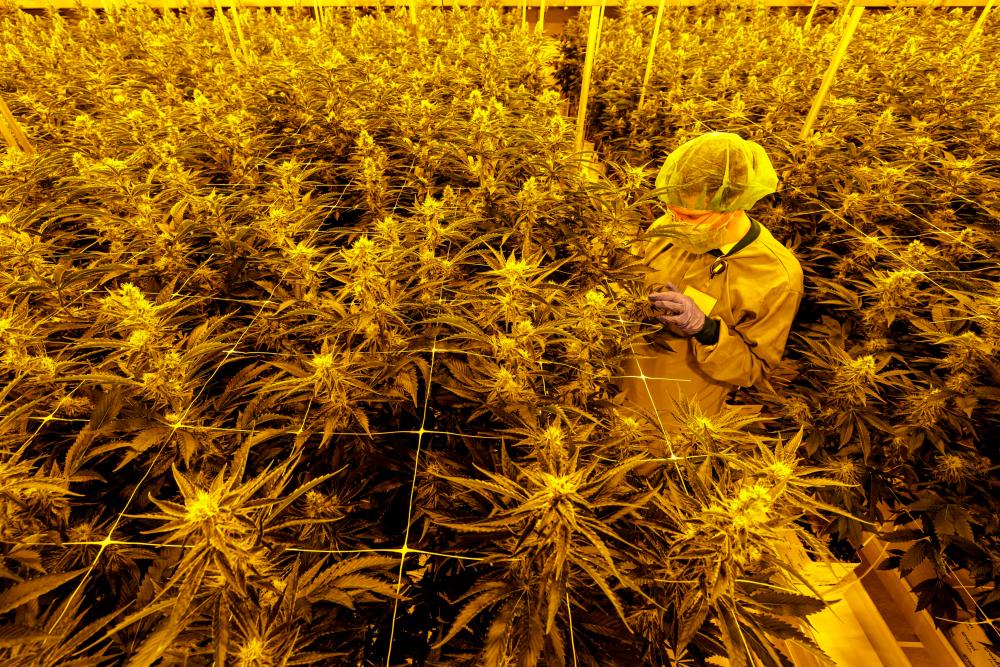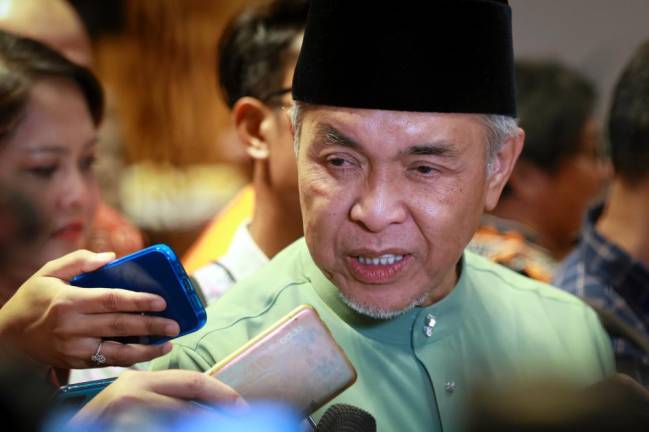FRANKFURT: Germany has scrapped plans to allow the widespread sale of cannabis in licensed stores for the time being following concerns from the European Union, the government said Wednesday.
Berlin had announced in October the proposals to introduce some of Europe's most liberal cannabis laws.
But on Wednesday the coalition government unveiled a watered-down, two-stage plan that would still allow adults to possess cannabis in small amounts but not its sale in stores nationwide.
While the details may have changed, the “original goals” have not, Health Minister Karl Lauterbach told a press conference, listing them as “safer consumption, tackling the black market, protecting young people”.
The first stage of the new plan would permit the establishment of “cannabis clubs”, non-profit groups of up to 500 members who are allowed to cultivate the drug for their own use.
Members will be allowed to possess up to 25 grams (0.9 ounces) of cannabis for their personal use, and cultivate up to three plants each.
Minors will still be prohibited from consuming the drug.
A draft bill related to the cannabis clubs should be ready later this month before being presented the cabinet and MPs for approval.
“Consumption will still become legal this year,“ Agriculture Minister Cem Ozdemir told the press conference.
A second stage would involve testing -- in regions yet to be chosen, over a five-year period -- the production and sale of cannabis in specialised stores under licence from the government.
Widespread sale of the drug across the whole of Germany, as envisaged in the original version of the plan, was not possible under European law.
The pilot project could serve as a model at the European level and lead to a change in the law, said Lauterbach, adding that he had had some encouraging discussions with other countries on the subject.
Legalisation of cannabis was one of the flagship policies agreed by Germany's coalition partners -- the Social Democrats, Greens and the liberal FDP -- when they formed a government at the end of 2021. - AFP










